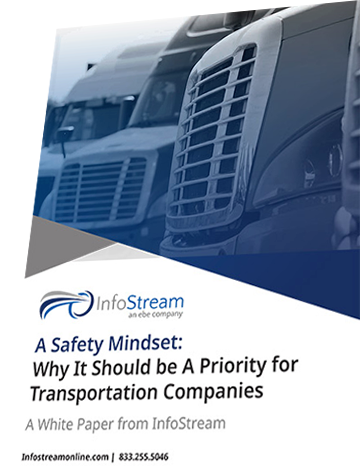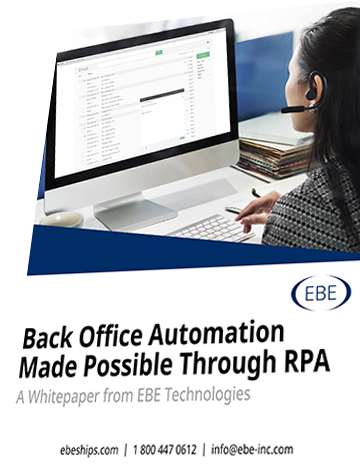

In trucking, safety scores are important for both carriers and drivers. Decisions drivers make on the road can have a considerable impact on both the carrier’s and the driver’s individual safety records.
EBE’s Safety and Compliance solutions allow carriers to gain a near real-time response to both adverse or positive driver behaviors that can put both the company and the driver in jeopardy of damaging their safety records.
EBE’s Corrective Action Automation solution is easy-to-use and can assign coaching training to drivers when adverse behaviors occur. Data gathered from the driver’s habits is compiled into the driver’s scorecard – allowing fleets to gather statistical ratings on drivers, score roadside inspections and critical events, and compare drivers performance to overall fleet goals.
It is important to educate drivers of the impact their driving habits can have on their records.
Below are tips for drivers who want to improve and monitor their safety scores and stay informed of the key issues facing the industry and drivers:
· Stay informed on industry issues, proposed FMCSA regulations, visit the FMCSA website for information about proposed rules, research and take the opportunity to make comments on the federal register on these proposed rules.
· Join state trucking associations; many offer training courses related to safety and other topics and take advantage of the member benefits.
· Attend conferences and other meetings to learn more about innovative technology, new regulations and how others in the industry are navigating significant issues. Share your best practices.
· Take professional courses such as defensive driving, accident investigation, courses designed to get persons more familiar with FMCSA regulations. Many courses today are offered on-line, nights or weekends. Check with your insurance provider and see what assistance they provide regarding safety training and other assistance programs.
· Attend media releases by law enforcement related to commercial vehicles to learn more about their enforcement plans, and what they are trained to look for in selecting commercial vehicles for inspections.
· Check your PSP information on a regular basis. This is where the FMCSA maintains inspection and crash data on commercial vehicle drivers. Make sure the data is yours and it’s accurate. Protect your record as a driver. Submit Data Q’s to violations if the violations are not yours or are incorrect. Consider legal services that specialize in representing truck drivers.
Continuing to advance and further your career as a professional truck driver can be a challenge, but it could also be considered an investment in a driver’s career.
Article contributed by Steve Binkley









